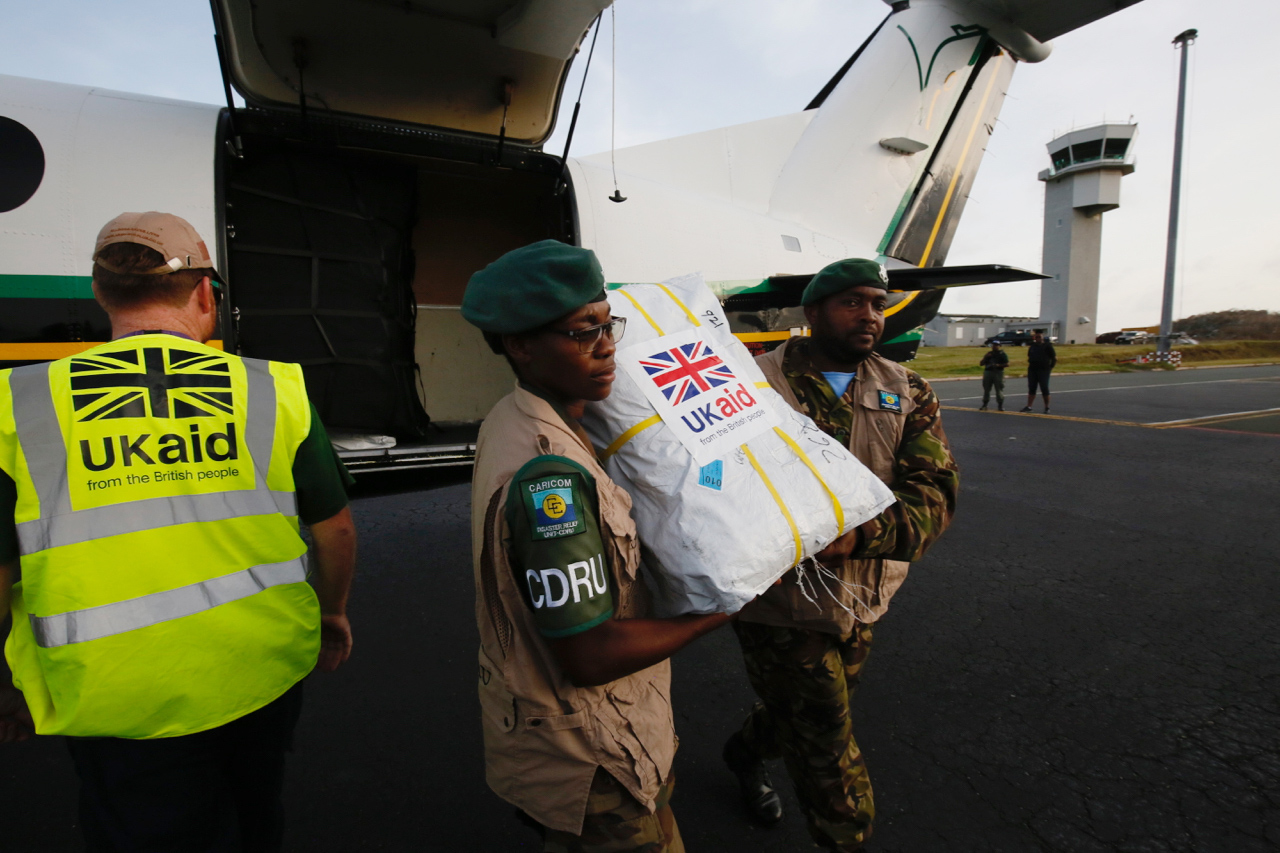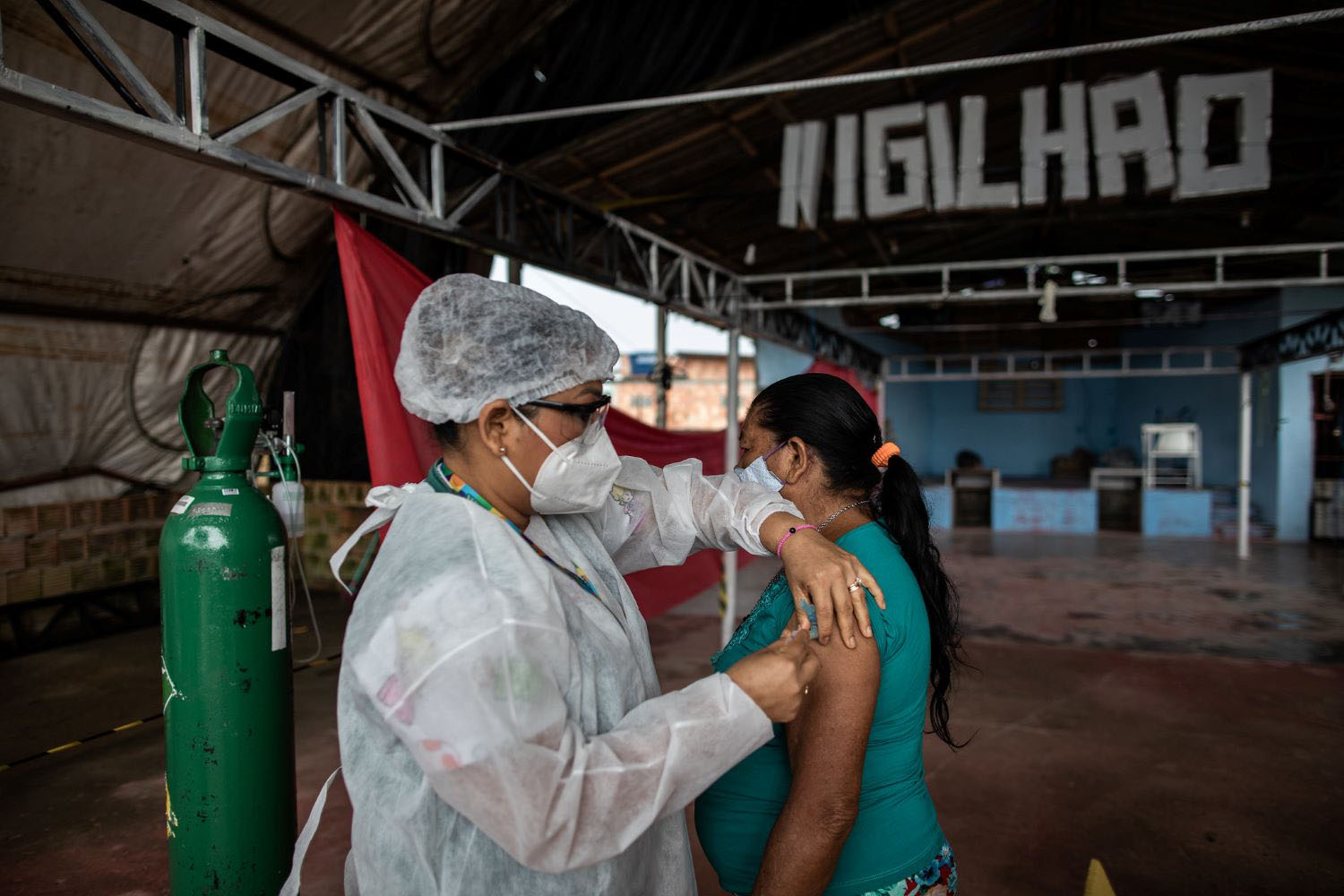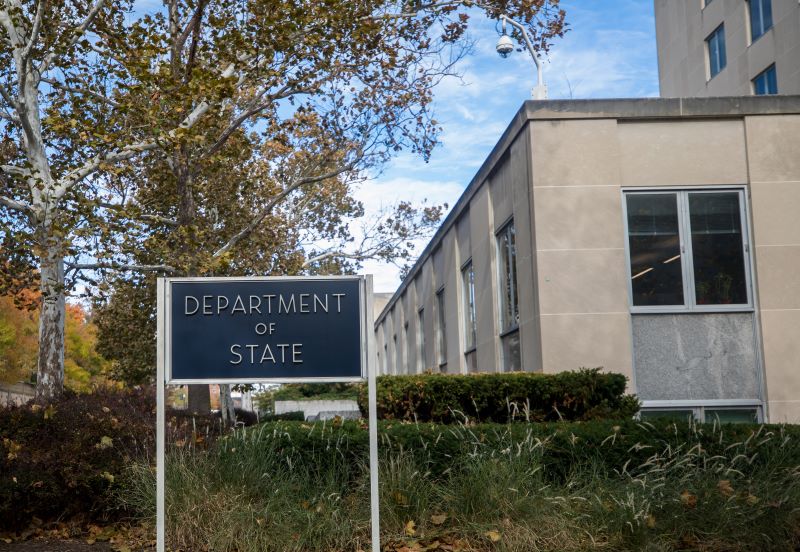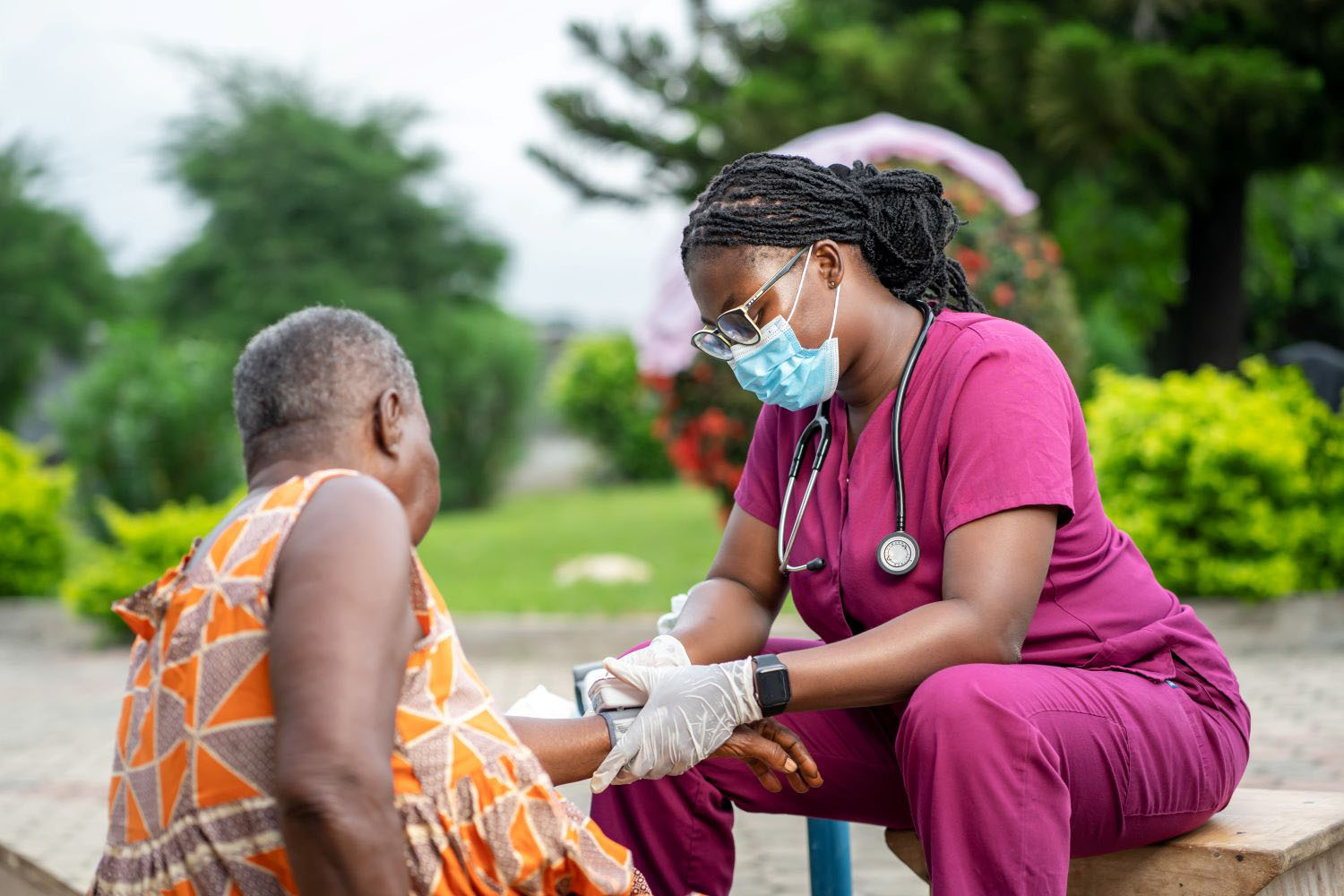Subscribe
Subscribe today to receive CGD’s latest newsletters and topic updates.
All Commentary
Filters:
Topics
Facet Toggle
Content Type
Facet Toggle
Blog Type
Facet Toggle
Time Frame
Facet Toggle
Blog Post
February 19, 2024
One of the few silver linings from Brexit for the UK has been the increase in non-EU migration. But this has led to renewed concerns about a “brain drain”, the notion that the exodus of skilled workers from poorer countries will leave them unable to meet their own development goals. Yet these concer...
Blog Post
October 26, 2023
Green-skilled labour migration could support the green transition, and yield major benefits for both development and carbon emissions. But what skills does the UK need? How reliable are the UK’s domestic training pipelines? What are the prospects for deliberate international recruitment?
Blog Post
January 24, 2022
This blog is part of CGD and Refugee International’s #LetThemWork initiative and written in conjunction with Refugee Action. It is one of a series of blogs exploring the issues facing refugees’ economic inclusion within the top refugee and forced migrant hosting countries. All are being authored wit...
Blog Post
January 24, 2022
This blog is part of CGD and Refugee International’s #LetThemWork initiative and written in conjunction with Refugee Action. It is one of a series of blogs exploring the issues facing refugees’ economic inclusion within the top refugee and forced migrant hosting countries.
Blog Post
December 14, 2021
We know that one of the main impacts of climate change will be an increase in all forms of mobility around the world. People will move in the wake of both sudden- and slow-onset disasters, responding to the negative impacts of climate change on their daily lives by seeking new lives and livelihoods ...





















